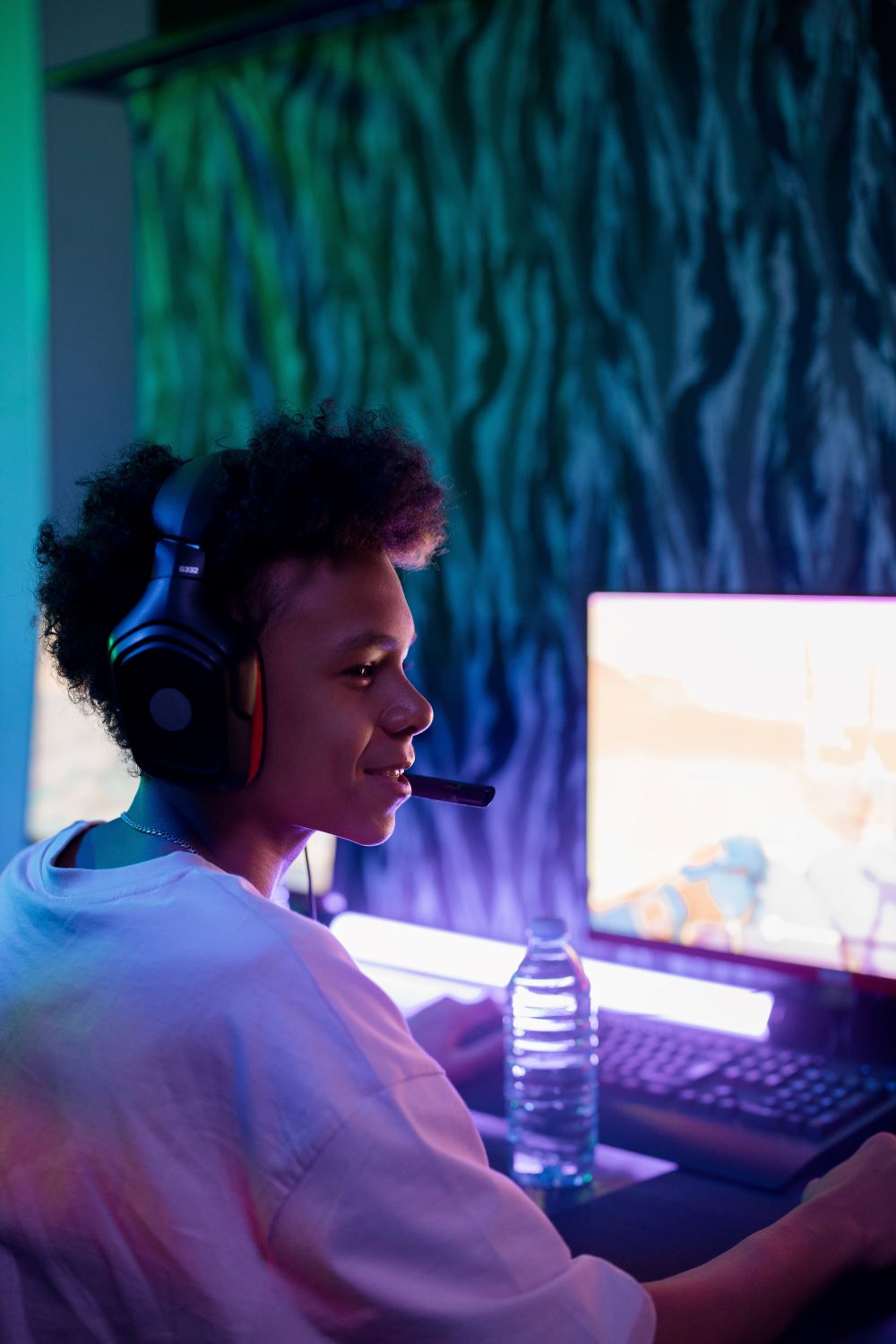Playing video games can be a relaxing pastime but can also turn into a dangerous addiction.
Video games have been a source of entertainment for some decades now with different games being released and enjoyed by a specific demographic. While many people play games in a healthy and balanced way, video games, especially internet video games, can also become addicting. Gaming addiction has become increasingly prevalent over the years, with experts warning that it could become worse as the years go by.
Video game addiction, sometimes referred to as pathological gaming addiction, shares similarities with other forms of addiction, which are primarily marked with impulsivity and an inability to stop engaging in the behavior despite negative consequences. It is classified under internet gaming disorders in the latest edition of the Diagnostic and Statistical Manual of Mental Health Disorders (DSM-5).
Like any other addiction, individuals who struggle with gaming feel they’re unable to control their behavior and will continue playing even as responsibilities are set ahead and other areas of their lives begin to suffer. This addiction can be particularly dangerous for young people, as it often leads to poor academic performance, social isolation, and even physical health problems over time.
Some comparison has been drawn between internet gaming addiction and pathologic gambling though there are arguments that gaming addiction does not result in financial loss unless the individual is opting to bet money on the outcome of the game being played. Compulsive gamers also sometimes choose to unlock features requiring financial commitments. Many game manufacturers allow users to “level up” or receive additional incentives if they pay a fee.

Video game addiction is more common than many people realize. A study published in the Journal of Behavioral Addictions found that an estimated 8.5% of young people in the United States were addicted to video games as compared to data from previous studies, which historically estimated the prevalence of video game addiction to be around 3%.
The primary issue with gaming becoming addictive is the way the brain responds to the behavior. Playing and winning a video game elicits a positive reward system. This causes the release of a chemical called ‘dopamine’ – a feel good neurotransmitter in the brain. Whenever a game is being played by someone addicted, dopamine is released. When the individual is not playing, on the other hand, dopamine levels are low and they can become depressed, craving the next fleeting boost of happiness.
Several factors contribute to video game addiction. One important factor is the design of the games themselves. Games that are highly engaging and rewarding encourage players to continue playing for longer periods of time. These elements can include things like achievements, leveling up, and in-game rewards that reinforce the reward pathway of the brain.
Internet gaming platforms have games that are designed to be played with others, too, whether that be in-person or online. This can create a sense of community and social connection that can be very appealing to those who may struggle with social interactions in their daily lives offline.
Video game addiction is a very real problem and steps should be taken to prevent it. One important step is to establish healthy habits around gaming. This includes setting limits on the amount of time spent playing games, as well as taking regular breaks to engage in other meaningful activities. While gaming can also be a fun and rewarding hobby, it is important to establish these habits early on and to be constantly aware of signs of addiction along the way.


Join the conversation!